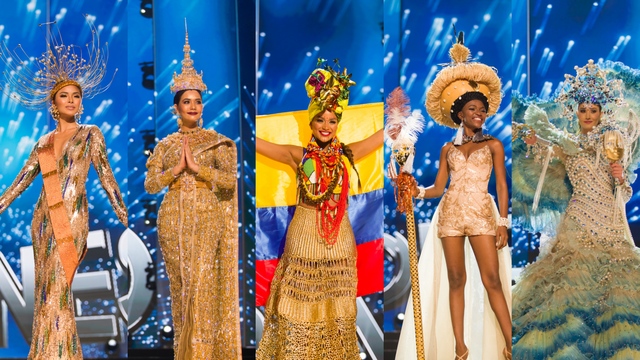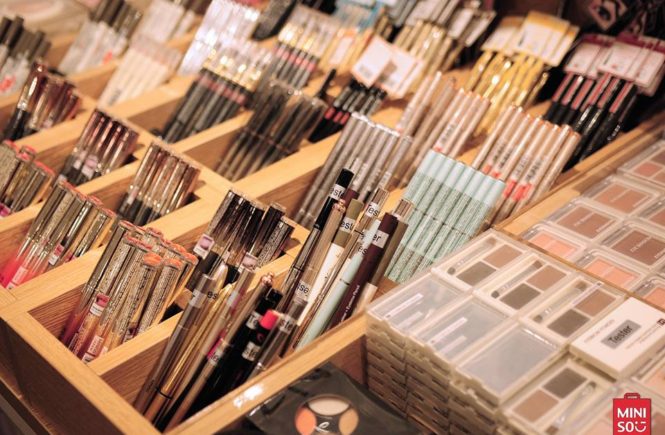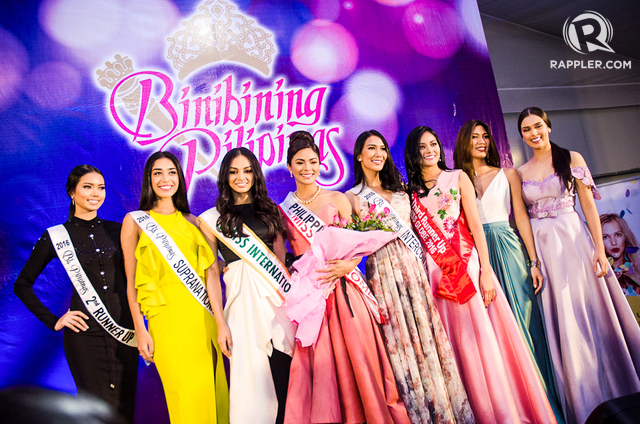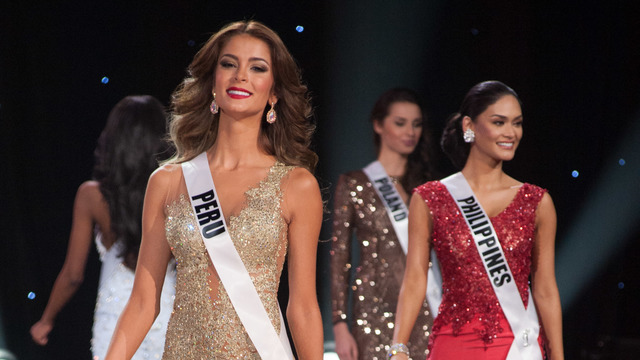Photos from HO/Miss Universe Organization
To answer that question, all one had to do was to feel the energy and love of the audience at the Miss Universe Preliminary Competition and National Costume Show last Thursday, January 26, at the Mall of Asia Arena. People from all over the world gathered to celebrate women.
Now, more than ever, the Miss Universe Organization is committed to its purpose.
“The Miss Universe Organization empowers women to develop the confidence they need to achieve their personal best. A confident woman has the power to make real change, starting in her local community with the potential to reach a global audience… and continue to define what it means to be Confidently Beautiful,” as the organization says on its website.
Furthermore, “the Miss Universe Organization is a company run by women for women, built on a foundation of inclusion and continues to be a celebration of diversity.”
Choosing Ashley Graham to be the backstage host of the pageant, for instance, is sending a body-positive message. She is at the forefront of the body-positive movement which deals with body image, self-acceptance, and female empowerment.
Five out of the 6 telecast judges are women. Dayanara Torres, Sushmita Sen, and Leila Lopes are all former Miss Universe titleholders. Francine LeFrak is a women’s empowerment activist. Cynthia Bailey is a former model and the founder of The Bailey Agency. Clearly, they are very empowered role models for women. This judging panel is also very different from previous editions which always featured a lot of male athletes, actors, politicians, and business tycoons. For the sake of political correctness, we shall leave the description at that.
Allowing the “No Makeup for Image Skincare” gallery showing some of the candidates without make-up sends a message that fake lashes, lipstick, and concealers aren’t necessary to feel beautiful.
The MUO website says: “Self-confidence is the key. Every woman should have the confidence to stand up in any situation and declare, ‘I am secure and that’s what makes me beautiful!'”
These efforts seem to say that we are breaking out of the pageant stereotypes and becoming more relevant to a wider audience.
During the Trump years of the Miss Universe pageant, predicting a Top 15 list was much easier because observers relied heavily on the physical beauty of the candidates.
But today, a judging panel composed mainly of accomplished, strong women is expected to yield very different results. Inner beauty, personality, and intelligence may sway the scores given to the candidates.
In the Preliminary Competition last Thursday, all 86 women had competed in the evening gown and swimsuit segments. How will this influence the decisions of the judges? How will this affect the Top 12 and the eventual winner?
Based on the crowd’s reaction that night, the favorites were Venezuela, Thailand, Colombia, Indonesia, and of course, the Philippines. In these countries, pageants are always relevant regardless of the economic or political situation because they are a very big part of the culture and tradition. It is evident in the large fanbase and preparedness of delegates from these countries every year. It wouldn’t be surprising to see them in the Top 12.
Hawa Kamara, the first delegate from Sierra Leone to compete in Miss Universe, also got some of the loudest cheers. Other standouts that evening were Brazil, France, Germany, Netherlands, Panama, Curacao, Mexico, and Aruba. Will a powerhouse country win or will a dark horse take the crown?
One thing is for sure – the Miss Universe pageant is slowly redefining beauty, breaking stereotypes, and truly celebrating diversity.
Whoever emerges as the new Miss Universe 2016 will signal a new era of empowered and confidently beautiful women.
—
This article originally appeared in Rappler.
All photos courtesy of Rappler unless otherwise indicated.




